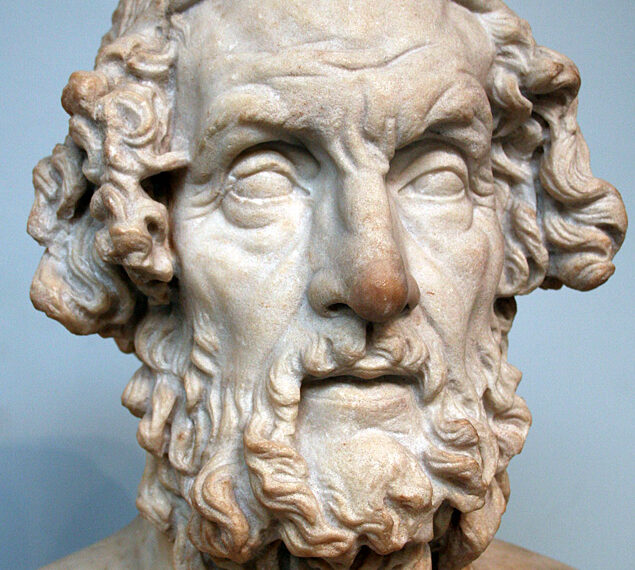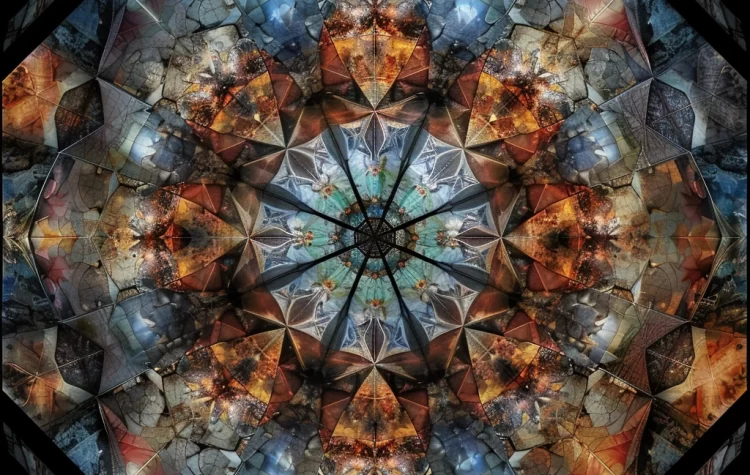Definition of Rhapsody: A rhapsody is a free-form, highly expressive musical composition that is often characterized by its enthusiasm or ecstatic expression of feeling. Unlike a structured sonata or symphony, a rhapsody is more episodic, often improvisational in nature, and lacks a consistent formal structure. It allows for a range of emotional and thematic shifts, making it a very dynamic and expressive form of music. The term is also used in literature and poetry to describe similar qualities of passionate, flowing expression.
Etymology and Origin: ‘Rhapsody’ comes from the Greek word ‘rhapsōidia’, meaning ‘a singing of epic poetry’. It is derived from ‘rhaptein’, meaning ‘to stitch’ or ‘to sew’, and ‘ōidē’, meaning ‘song’ or ‘ode’. In ancient Greece, a rhapsode was a performer of epic poetry, often stitching together various poetic episodes. The term evolved over time, entering the English language in the late 16th century, where its meaning transitioned to its current use in music and literature, emphasizing an expressive, eclectic composition.



